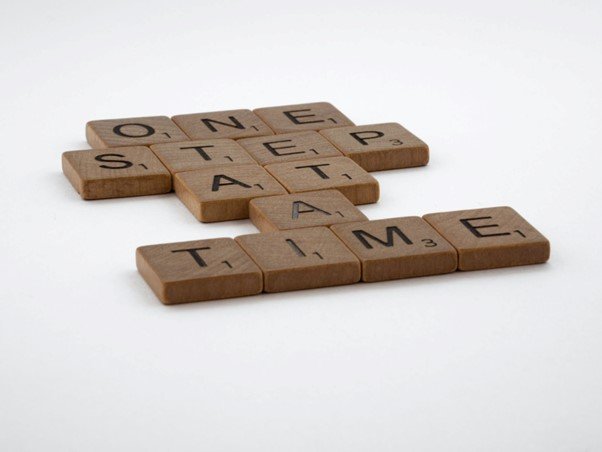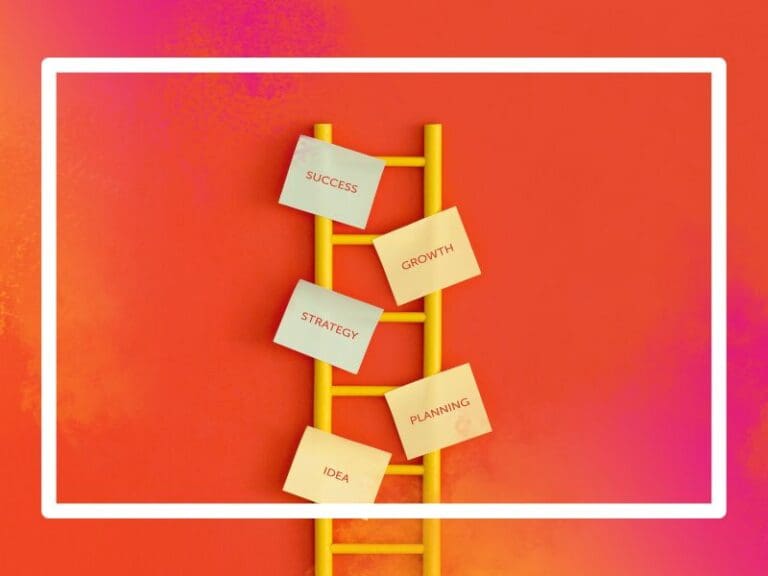MY CONFESSION
I am a perfectionist. There is no doubt about it. As a product designer, I have agonised over pixel-perfect designs over the years and [insert additional example here]. Now, before we write off perfectionism entirely, there are some important benefits to acknowledge. Personally, perfectionism has helped me to be more attentive and produce work of high quality in my career as a product designer. However, as with most things in life, take perfectionism to the extreme and it could lead to serious burn-out and negative mental health effects, underscoring the need to understand how to support neurodiverse colleagues who may also struggle with similar issues.
So, in this article, I’ll be discussing how we can strike the right balance for ourselves, why it’s still an important issue today, and how we can truly embrace the chaos of messy progress!
THE ROOTS OF PERFECTIONISM
There are many factors that contribute to perfectionism, however, studies have shown that childhood upbringing and our relationships with parents, care-givers, peers etc. can play a significant role in our possible perfectionistic tendencies later in life.
Personally, as a daughter of South-Asian immigrants, my parents instilled a strong work ethic and high expectations of me to be successful. Whilst I am ever-grateful to my parents for pushing me to strive for continued excellence, their inadvertent encouragement for these perfectionistic traits sometimes made me feel a sense of fear, pressure and anxiety from disappointing them or becoming a failure.
LIVING IN A ‘FLAWLESS’ WORLD
Coupled with potential influencing factors from our childhood, we also live in a world where we are bombarded with high standards from the businesses we work for and a hustle culture that perpetuates constant productivity and perfectionism. Our social media feeds, such as LinkedIn and Instagram, are deluged with endless buzzwords and filters that paint a perception of our lives far from reality. These distortions of life then seep into our minds as we try to live up to these standards on a daily basis affecting our work life balance.
Based on data from this year, 31% of UK employees feel they do not have a good work life balance. In addition, 82% of Brits do not take a full lunch break, with two thirds of workers eating lunch at their desk most days — something I admit I am also unintentionally guilty of doing. I believe perfectionism and the consequences of living in today’s society mean many of us have difficulty building the work life balance that we all deserve.
THE COST OF PERFECTION
Don’t get me wrong, there is nothing inherently wrong with working towards improvement or even perfection and research has shown that perfectionists do have higher levels of motivation than non-perfectionists. However, data also displays a strong case surrounding the ‘dark sides’ of perfectionism on our mental and physical health.
“Perfectionism contributes to many psychological conditions, including depression, anxiety, self-harm and eating disorders,” according to lead researcher Thomas Curran, PhD, an assistant professor of psychological and behavioural science at the London School of Economics and Political Science.
As a perfectionist myself, I’ve asked myself some tough questions. Am I overworking myself? Is my laser focus on constant perfection really making me more productive or more successful? I’ve found that perfectionism has always led me to one of two pathways which neither have benefitted me. I either work myself much too hard obsessing over minor details resulting in burn out, or I procrastinate immensely by putting myself under unnecessary pressure — I knew something needed to change.
LET’S SET THE GROUND RULES FOR OURSELVES
My career spans about 6 years now and over time, I have tried to a) recognise and acknowledge my perfectionistic traits and b) actively find ways to build a better relationship with progress and success. Whilst I have in no means mastered these methods just yet, I actively make an effort to live by them as much as I can in my work and personal life everyday.
EMBRACE FLEXIBILITY
Try your best not to be too rigid in your thinking. Be open to new ideas, different approaches, be flexible or adaptive, rather than unrealistic or uncompromising.
Listen carefully to the inner compass of your emotions
Be mindful of your emotions and self-aware so that you can stay present and focused on the tasks at hand. If you feel you have hit a brick wall or feel burnt out, acknowledge your feelings and take a break to help manage any stress or anxiety you might be feeling.
TRUST YOUR TEAM
Perfectionists typically feel a self-inflicted pressure to do everything themselves and ensure it’s done right. However, collaborating with others, trusting those in your team, and sharing the load can help you build better relationships with the people around you and give you the opportunity to learn from others’ expertise.
CELEBRATE THE MESSY PROGRESS AND THE SMALL VICTORIES
We need to remind ourselves that achieving our goals doesn’t happen overnight. It’s typically a long journey with plenty of ups and downs. Try your best not to exclusively focus on the end goal, but rather the small and important steps we make towards that larger end goal.
Personally, I’ve found that by setting myself smaller incremental goals and focusing on the everyday small steps I’m making, I feel so much more motivated, positive, and actually achieve more in the long run. Try it, you might surprise yourself!
EMBRACE YOUR FAILURES
This is probably the hardest one for me personally. I’ve had plenty of failures in my time and I expect many more failures yet to come. It’s taken me many years to really get comfortable with failing, and I still don’t believe I’ve quite mastered it yet.
The moments of failure I’ve had rather than success are where I have experienced the most growth in myself. By embracing failure we can use these as opportunities for learning and developing our resilience which are important qualities at work. By embracing failure, we can be brave by taking on new challenges, trying new things and breaking ourselves free from the paralysing nature of perfectionism.
SET CLEAR BOUNDARIES FOR YOURSELF AND PROTECT YOUR WELL-BEING
Guilt is truly a powerful emotion. For us perfectionists, it can be particularly consuming, especially when we’re constantly feeling like we aren’t living up to our own expectations or the expectations of our employer. It has been a difficult journey for me to realise that my value as an employee isn’t diminished when I need to take an extra break on occasion or when I have to say “no” to additional work when I’m already at capacity.
If we set clear boundaries for ourselves at work, we will be able to bring our best selves to the table more consistently and we’ll be better equipped to deliver high-quality work in the long run — ultimately a better workplace culture for ourselves and others around us. Seems an obvious point to be making, but it is much harder to master in practice if you’re an innate perfectionist like me.
COMPASSION, GRACE, AND FORGIVENESS
Lastly, I want to highlight that I wrote this article as a reminder to myself and to others that we should try to cultivate our ability to give grace, compassion and forgiveness to ourselves. I believe the true markers of successful people are those that embrace their imperfections and don’t allow perfectionism to limit them.
Let’s remember that trying to be a perfect human is a one-way ticket to failure. So, let’s try our best to unplug from the concept of perfectionism and shift our focus towards messy progress. Let’s be kinder to ourselves, embrace the failures, grow from the mistakes, and celebrate the victory steps we make to get closer to those larger goals no matter how small they are!

About Ineshka
Ineshka is a Senior Design Consultant at Capco working as a Product Designer in the finance industry with over 6 years experience. Ineshka has an interest in digital transformation, design innovation and research and strives to deliver high impact, meaningful business and consumer outcomes.







